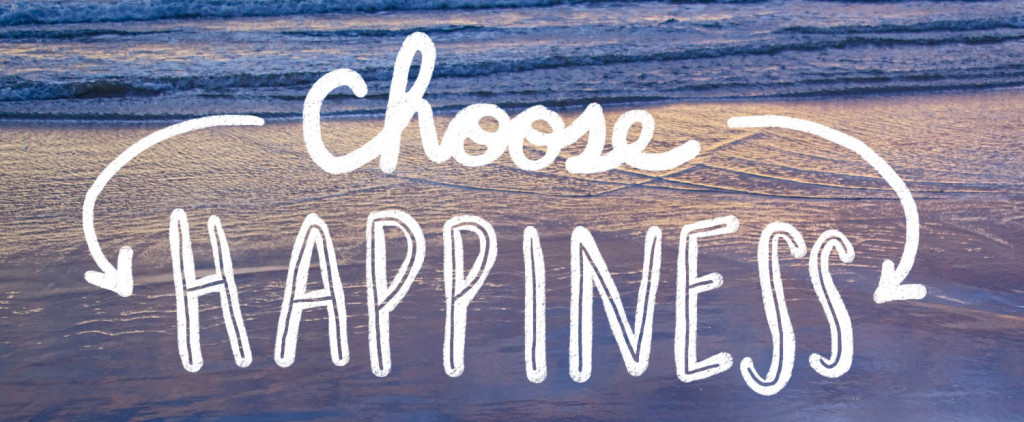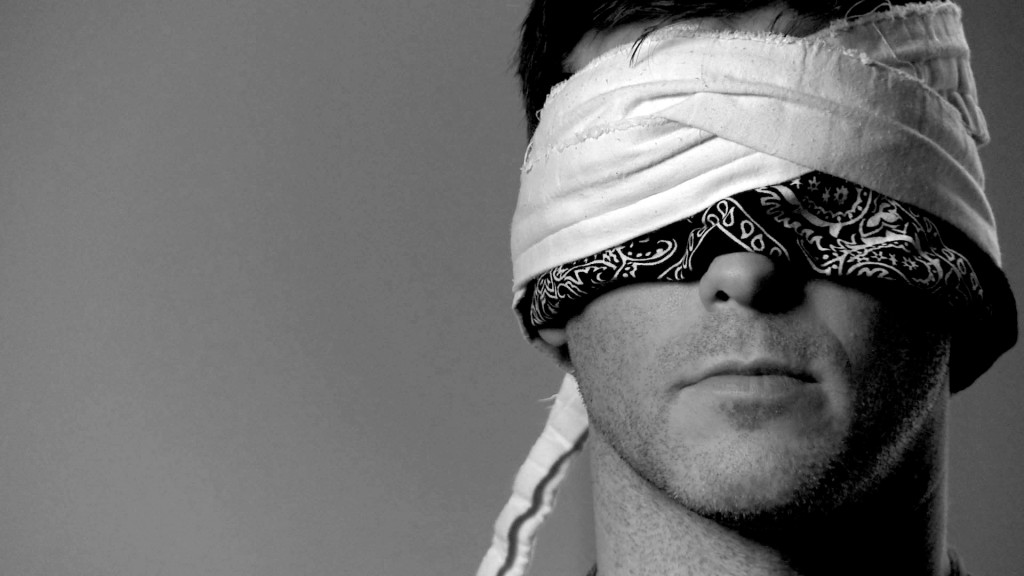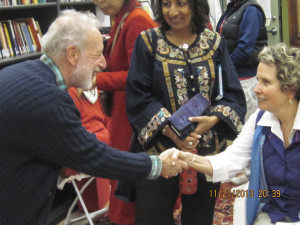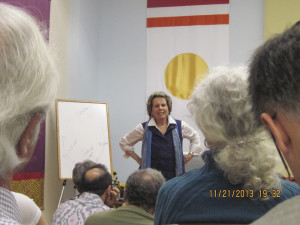One of our nation’s leading oncologists, Dr. Ezekiel Emmanuel recently created a storm when he proposed in an article in the Atlantic that he didn’t want to live past 75 years of age. Dr. Emmanuel writes that this is the age when research indicates productivity is over and we face the “slow constriction of ambition and expectations”. After age 75, Emmanuel said, he’ll refuse any life prolonging medical interventions including even antibiotics.
Although I appreciated Emmanuel clarifying that he was not suggesting mass euthanasia for the aged, was not a proponent of the right to die movement and supported everyone in making their own decisions, this essay landed like a blow. At seventy one, 75 looms larger and nearer for me than it does for Emmanuel at 57. Should I be planning my funeral?
Certainly, the notion of prolonging life at all costs regardless of its quality is not workable for us as individuals or as a society. We as a nation spend far too much money on costly medical interventions that prolong painful lives often only by mere months. It’s also true that summoning the energy for big, ambitious projects gets harder as we age. However, as I sat with his immodest proposal, I couldn’t shake the insistent sense that he was missing something important.
I know from my guilty pleasure of reading People magazine that Dr. Emmanuel and his famous brothers Rahm (Mayor of Chicago) and Ari (Hollywood Super Agent) grew up in a highly competitive, hyperactive family. Productive achievement was the coin of the realm in that household. Indeed Emmanuel mentions that parents’ dying at 75 protects children from the “pressure to conform to parental expectations and demands”. It doesn’t take much reading between the lines to deduce that the Emmanuel household was filled with such exhortation.
And look at the results! The Emmanuel brothers are all highly productive, valuable members of society who have given much to our society. No blame. However, I don’t get a sense that intimate relationships were a priority in this household. Nor that there was much invitation to stop and smell the roses.
What of those purposes and pleasures of human existence – developing and enjoying close relationships with loved ones as well as developing and enjoying an intimate relationship with the present moment! These, unless accompanied by active productivity, do not seem to hold much draw for Emmanuel. His description of his own 87 yr old father is telling. His dad is ‘sluggish’ and his relating consists of ‘needling phone calls’. Emmanuel tosses children and grandchildren into a sentence about legacy without much juice. Emmanuel’s concern for these relationships is primarily what he considers the ultimate tragedy – he would not be remembered as vital and independent, but rather frail and dependent.
I’ve always been interested that we are not revolted by the frailty and dependence of infants and toddlers. They require a similar amount of care and bottom wiping as frail and infirm elders do. Yet while children are adorable, elders are avoidable. Wiping an aged tush brings us up close and personal with our own demise. Emmanuel now suggests one solution for coping with our collective distaste for the infirmity of aging is to eliminate it. If we choose an early death (from an easily treatable UTI or pneumonia) we dispense with this dilemma entirely.
Soon after Emmanuel’s essay appeared, I saw an interview on TV with a woman who was caring for her obviously demented, frail, mother. While mother’s face was indeed blank, her daughter’s face was radiant with love and happiness. Caring for her mother was not a burden. For this woman it was a joy.
Granted, caring for elders is not a joy when time and money are in short supply for busy families. (We need public policy and support to make that joy possible for others.) But I got a glimpse in that daughter’s face of what might be the deeper purpose of being there to care for the elderly – opening our hearts to discover the joy of devoted service.
My own mother, at the end of her life, was not as interested in sharing intimacy with me as she was in getting her sandwich made, her blankets arranged, her medications sorted, etc. She was from the generation who had learned to survive with prickly independence. Although I made sure my mother got those basic needs met, I wished she would have allowed herself to share her fears and feelings with me so she didn’t have to be alone with them as she took her slow journey to death.
As for what is the deeper purpose for becoming aged and infirm ourselves—how about learning to relax into intimacy with loved ones? Or learning to relate to time and space in a new way? The present moment is always there and as we age we finally have the time and inclination to sit still for it. I love that meditation joke, ‘don’t just do something, sit there!
Successful aging requires shifting identities. The ways we have known ourselves to be, the ways we have lived our lives no longer fit or work. This can be a real liberation and an opportunity to expand our flexibility and ‘being’. Apparently, from what Emmanuel reports, his own 87 yr old father, though still trying to relate through old top-dog types of communication (e.g. needling his children), has adjusted to slowing down, swimming rather than walking and reports that he is happy!
Shifting identities in this way is also known as letting go of ego. Yes that’s hard, but you know what? It happens to be spiritually productive! Of course we can make ‘consciousness’ and ‘enlightenment’ into new ambitions and fall into some of the same ego traps we did earlier in life. Or we can hold our intention to be more present and loving lightly and compassionately.
If you don’t want to die at 75, don’t despair. You can still choose life at any age and live each moment to the fullest. Aging offers as many opportunities for learning and growth as any other time of life — if you accept them. Furthermore, we don’t have to wait to get old to appreciate the present moment, drop ego concerns, and focus on opening our hearts for love. We can start right now. ©
Penelope Young Andrade, LCSW
From The Life Connection, January 2015
@EmotionalRx
 Here’s the tip. See if you’re ready to balance the security of protection with the risk of opening. If yes, check inside to see just how scared you are. If your heart is numb and heavily barricaded, it’s a sign you have unresolved trauma that needs healing. If necessary, get professional help. You need to feel you are safe and strong enough inside before you can feel vulnerable again.
Here’s the tip. See if you’re ready to balance the security of protection with the risk of opening. If yes, check inside to see just how scared you are. If your heart is numb and heavily barricaded, it’s a sign you have unresolved trauma that needs healing. If necessary, get professional help. You need to feel you are safe and strong enough inside before you can feel vulnerable again.



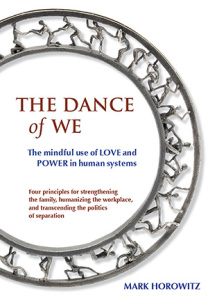
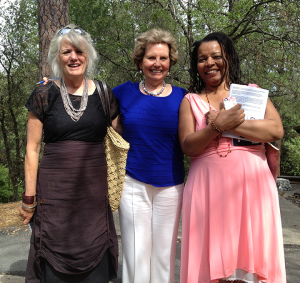
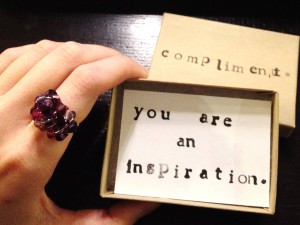 If receiving a compliment doesn’t feel good, check whether this is a pattern for you or just a response to an ungraceful delivery. In either case, take a breath and remember you are safe. It’s okay for your talents/beauty/brains to be seen. If the giver is an intimate, it’s also okay to reveal compliments are hard to receive. Being vulnerable in this way keeps hearts open. It’s a basic need to be seen and appreciated, but not to be singled out with only your uniqueness for company. Find a way in all compliments to stay connected with each other.
If receiving a compliment doesn’t feel good, check whether this is a pattern for you or just a response to an ungraceful delivery. In either case, take a breath and remember you are safe. It’s okay for your talents/beauty/brains to be seen. If the giver is an intimate, it’s also okay to reveal compliments are hard to receive. Being vulnerable in this way keeps hearts open. It’s a basic need to be seen and appreciated, but not to be singled out with only your uniqueness for company. Find a way in all compliments to stay connected with each other.